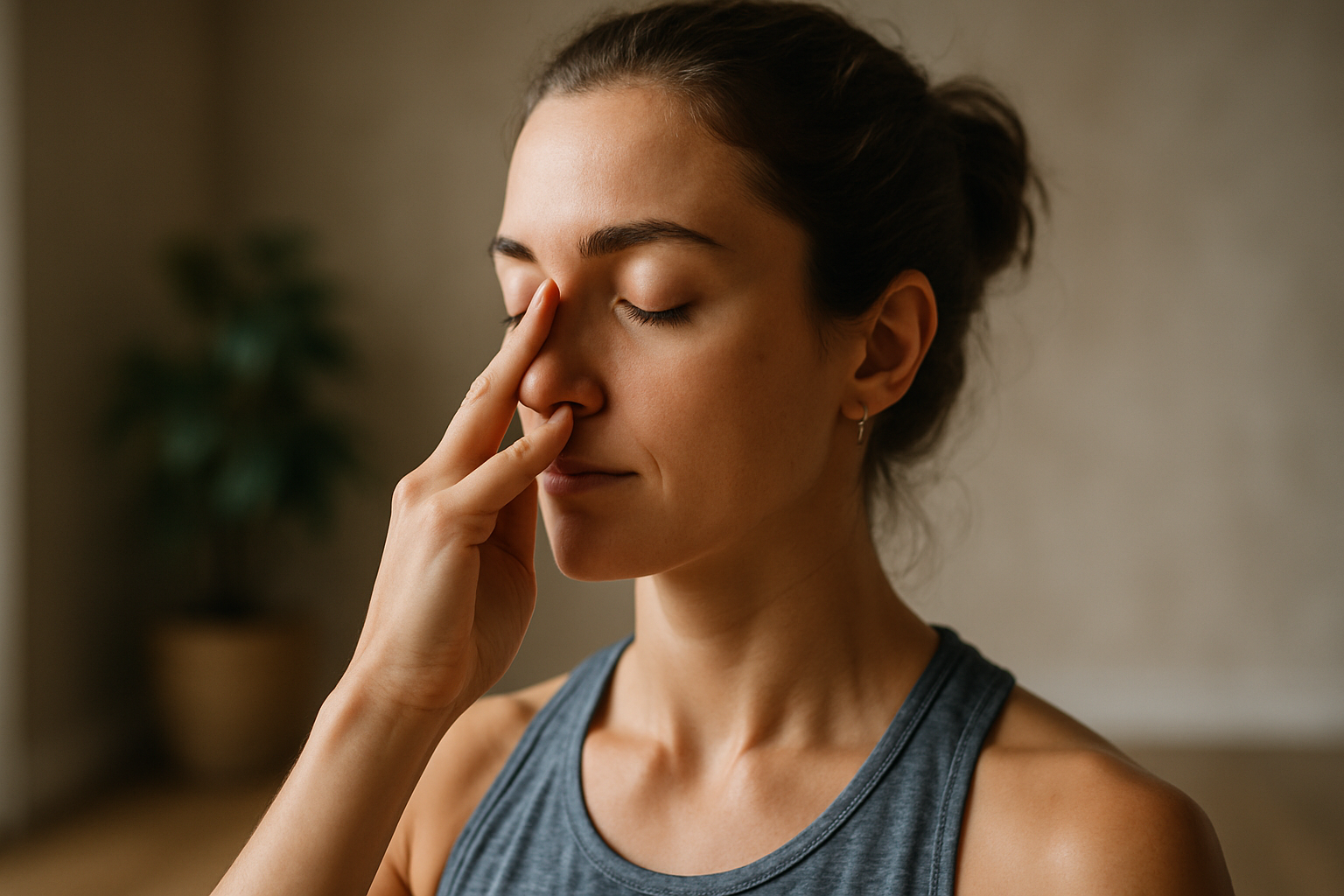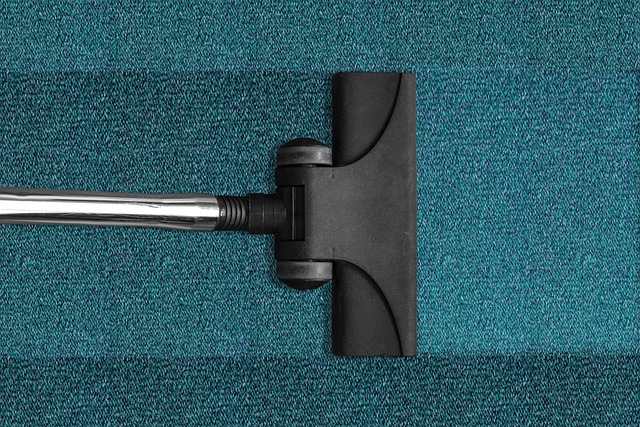Discover Practices to Understand and Manage Anxiety in the United States
Did you know that certain daily habits may influence anxiety levels? This article explores practical, science-based strategies to help you better understand anxiety and to learn effective routines that may support mental calmness throughout your day.

Start with Deep Breathing Exercises to Calm Your Mind
One of the simplest ways to support anxiety management on a daily basis is to practice deep breathing exercises. The 4-4-4 technique is especially helpful:
- Inhale deeply through your nose for 4 seconds
- Hold your breath for 4 seconds
- Exhale slowly through your mouth for 4 seconds
Repeat this cycle several times whenever you feel overwhelmed. This breathing method activates your parasympathetic nervous system, which slows the heart rate and lowers stress hormones. You can do this anywhere—whether at your desk, in your car, or at home—to help regain calm and control.
Establish a Consistent Sleep-Wake Schedule
Sleep and anxiety are closely interconnected. Poor sleep quality and irregular sleep patterns can contribute to increased anxiety symptoms, and anxiety can affect sleep quality. To support better sleep hygiene:
- Set a consistent bedtime and wake time every day, including weekends
- Aim for 7 to 9 hours of restful sleep nightly
- Develop a calming pre-sleep routine, such as reading, gentle stretches, or limiting screen exposure
- Use soft lighting and avoid caffeine or alcohol close to bedtime
Following a steady sleep schedule may help regulate your body’s internal clock, boost energy, and support mental health.
Incorporate Daily Physical Activity
Physical exercise can be beneficial in reducing anxiety symptoms. Engaging in at least 15 minutes of moderate activity daily, such as jogging, yoga, or brisk walking, releases endorphins—natural mood lifters—and may improve sleep quality. Exercise is sometimes considered as an adjunctive method for managing mild to moderate anxiety symptoms. To fit activity into your routine:
- Take short movement breaks every 25-30 minutes during work or study
- Choose enjoyable activities to maintain consistency
- Use exercise as a natural evening wind-down to promote better sleep
Even minimal daily movement may help decrease anxiety levels over time.
Limit Caffeine and Alcohol Intake
Both caffeine and alcohol can influence anxiety symptoms in different ways. Caffeine stimulates your nervous system, which can lead to jitteriness and increased tension. Alcohol might seem relaxing initially but can disrupt sleep and may cause next-day anxiety spikes. For better anxiety support:
- Replace caffeinated and alcoholic beverages with herbal teas or water
- Stay hydrated throughout the day to help maintain nervous system balance
These dietary adjustments may contribute to maintaining a calmer mood throughout your day.
Practice Mindfulness and Meditation Every Day
Mindfulness meditation encourages present-moment awareness, which can reduce rumination and worry related to anxiety. Dedicate 10 to 15 minutes daily—preferably in the morning—to mindfulness exercises. Tools such as Headspace, Calm, or other guided meditation apps can be useful for beginners. Daily meditation practices may:
- Set a calm tone for your day
- Improve focus and mental clarity
- Reduce stress and anxious thoughts
Consistent mindfulness practice can help build resilience against anxiety over time.
Create and Follow a Structured Daily Routine
Having a predictable daily schedule may help reduce feelings of anxiety by providing stability. A structured routine can include:
- Regular meal times
- Consistent sleeping and waking hours
- Designated work or study blocks with planned breaks
- Time set aside for relaxation and hobbies
Structure helps reduce uncertainty, a common trigger for anxiety. It is important to maintain some flexibility to avoid stress caused by overly rigid schedules.
Journal Your Anxious Thoughts for 10 Minutes Daily
Journaling can serve as a therapeutic outlet for anxious feelings. Spending about 10 minutes daily writing down your worries—no matter how big or small—may:
- Externalize and clarify anxious thoughts
- Help identify recurring triggers
- Improve emotional insight and self-understanding
Writing down worries may make them feel more manageable and less overwhelming.
Build and Maintain Strong Social Connections
Social support is an important factor in coping with anxiety. Regular contact with trusted friends, family members, or support groups can provide emotional comfort and help offset feelings of isolation. Participating in group therapy or community activities may further enhance feelings of belonging and safety.
Identify and Monitor Your Personal Anxiety Triggers
Awareness plays a key role in coping with anxiety. Track stressors that tend to provoke your anxiety, such as deadlines, social interactions, or health concerns. This knowledge helps you to:
- Develop targeted coping mechanisms
- Avoid or better manage triggering situations
- Gain a sense of control over your emotional responses
Understanding your personal anxiety triggers can empower you to take proactive steps toward managing anxiety effectively.
Practice Digital Wellness to Lower Tech-Induced Anxiety
In 2025, constant connectivity may contribute to anxiety through information overload and disrupted routines. To support digital wellness:
- Limit social media use to about 30 minutes per day
- Use breaks from work for physical movement or breathing exercises instead of screen checks
- Avoid screens at least an hour before bedtime to prevent melatonin suppression
Mindful technology use may improve sleep quality and reduce anxiety linked to digital overstimulation.
Patience and Consistency Are Important in Managing Anxiety
Creating an anxiety-reducing routine is a gradual process. Research suggests that forming new habits can take approximately 66 days. The goal is not perfection but steady progress. Celebrate small victories, remain flexible, and adjust your practices as needed.
If anxiety symptoms persist, worsen, or interfere with daily functioning, consider consulting licensed mental health professionals. Treatment options such as psychotherapy and telepsychiatry complement daily habits and can provide personalized strategies for anxiety management.
By combining these daily practices—breathing exercises, regulated sleep, exercise, mindful meditation, journaling, social connection, trigger management, and digital wellness—you can build a foundation to support anxiety management in 2025.
Sources
- Bright Futures Psychiatry: 10 Tips for Managing Anxiety in Your Daily Life
- Centers for Disease Control and Prevention: About Mental Health
- The Supportive Care: How to Create an Anxiety-Reducing Daily Routine
Disclaimer: All content, including text, graphics, images and information, contained on or available through this web site is for general information purposes only. The information and materials contained in these pages and the terms, conditions and descriptions that appear, are subject to change without notice.




